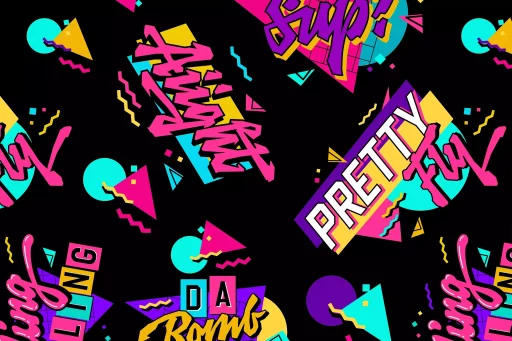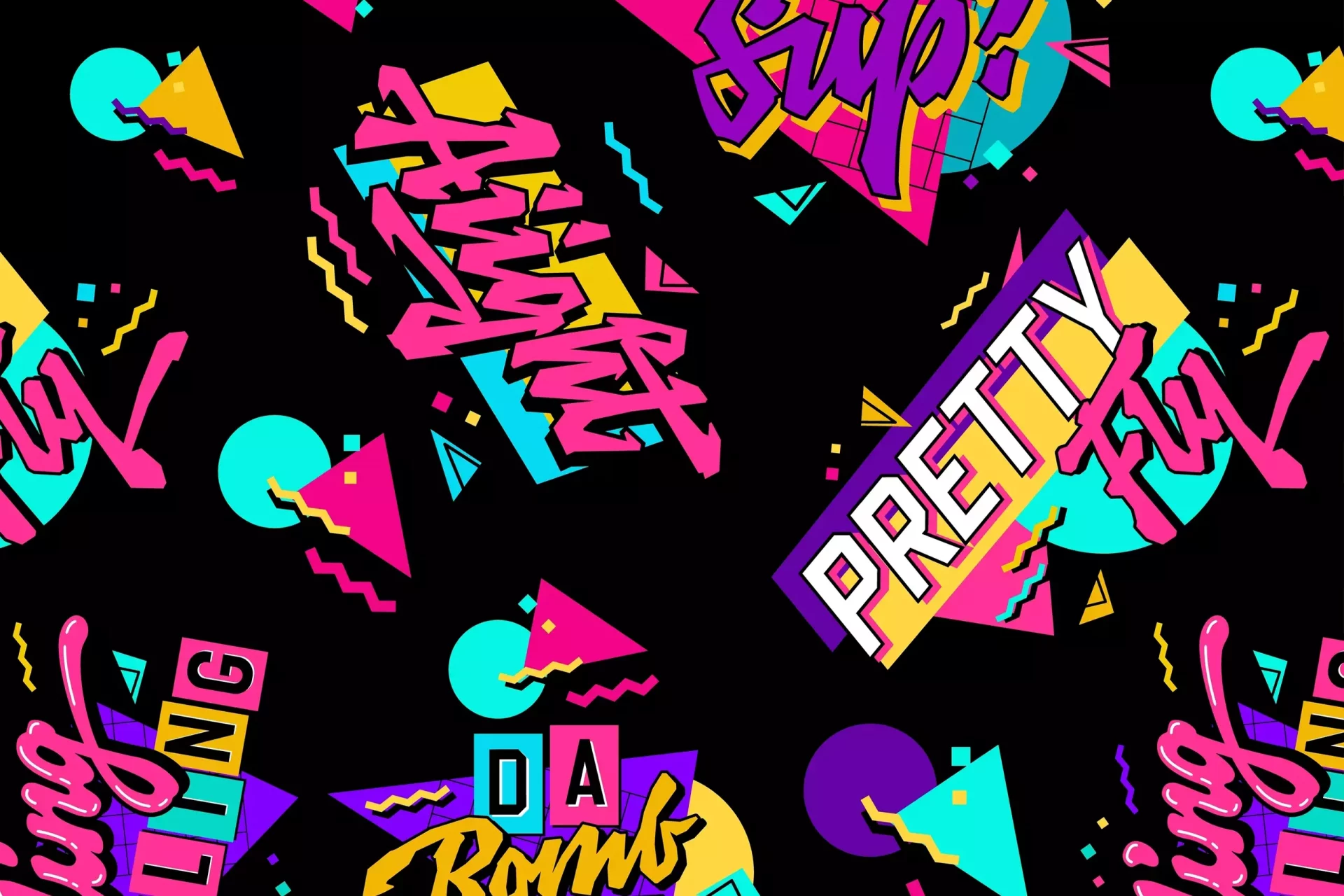Introduction to AF in Texting
In the realm of digital communication, acronyms and slang have proliferated, allowing for quicker expression and a sense of community among users. Among the myriad of terms, ‘AF’ has gained particular popularity. But what does AF mean in texting, and how did it become so widely used?
Meaning of AF
AF stands for ‘As F***.’ It’s an intensifier used in informal communication to emphasize the degree of an emotion or a statement.
Origins of AF
The term originated from internet slang and was popularized through social media platforms, memes, and pop culture. Its roots can be traced back to the early 2000s, where it began to seep into everyday vernacular, particularly among younger demographics. Some argue that it became particularly mainstream after the rise of platforms like Twitter and Instagram, where brevity is key if users want to convey emotions effectively.
Common Uses of AF
AF can be employed in several contexts, allowing users to convey their feelings with more emphasis. Here are a few examples:
- Excitement: “I’m so excited for the concert, it’s gonna be lit AF!”
- Frustration: “I am tired AF after all these meetings!”
- Support: “You did amazing on that test, proud of you AF!”
Examples of AF in Texting
To provide a clearer picture, here are some practical examples where AF might be used in everyday conversation via text:
- Friend 1: “How was the movie?”
Friend 2: “It was scary AF! I couldn’t sleep afterward!” - Parent: “Are you ready for the exam?”
Teen: “I’m studying hard AF!” - Colleague: “Did you finish the report?”
Worker: “Yeah, it’s done AF!”
Context and Tone
The tone of AF can range from humorous to serious, depending on its context. While it is often used in a light-hearted manner, it’s essential to gauge the audience when using AF to avoid offending or alienating others. In professional settings, for instance, one might avoid using such slang in favor of more formal language.
Statistics on Texting Slang Usage
According to a study conducted by the Pew Research Center in 2021, over 70% of teens use slang regularly in their conversations, highlighting the evolving nature of language among younger generations. Additionally, many respondents reported that they believe using acronyms and shorthand makes communication faster and more efficient, with 60% indicating that they prefer texting over face-to-face conversations.
Case Study: AF in Popular Culture
The influence of AF can also be noted in popular culture through various media. For example:
- Music: In the song “Drunk in Love” by Beyoncé, she uses AF to amplify the intensity of the lyrics, resonating with fans.
- Social Media Influencers: Influencers on platforms like TikTok often use AF in their posts to connect with their audience, showcasing it as a representation of authenticity.
- Television Shows: Characters in popular series often use AF to convey emotions authentically, mirroring real-life dialogues.
Is AF Considered Offensive?
While AF is predominantly viewed as a humorous and informal phrase, it can be interpreted as offensive by some, especially in professional or conservative environments. Thus, users should always consider their audience and adjust their language appropriately.
Conclusion
AF has become a staple in modern texting, representing both emphasis and a shared cultural understanding among users. As language continues to evolve in the digital age, terms like AF exemplify how informal communication can enhance connection among individuals, transcending geographical and generational barriers.


